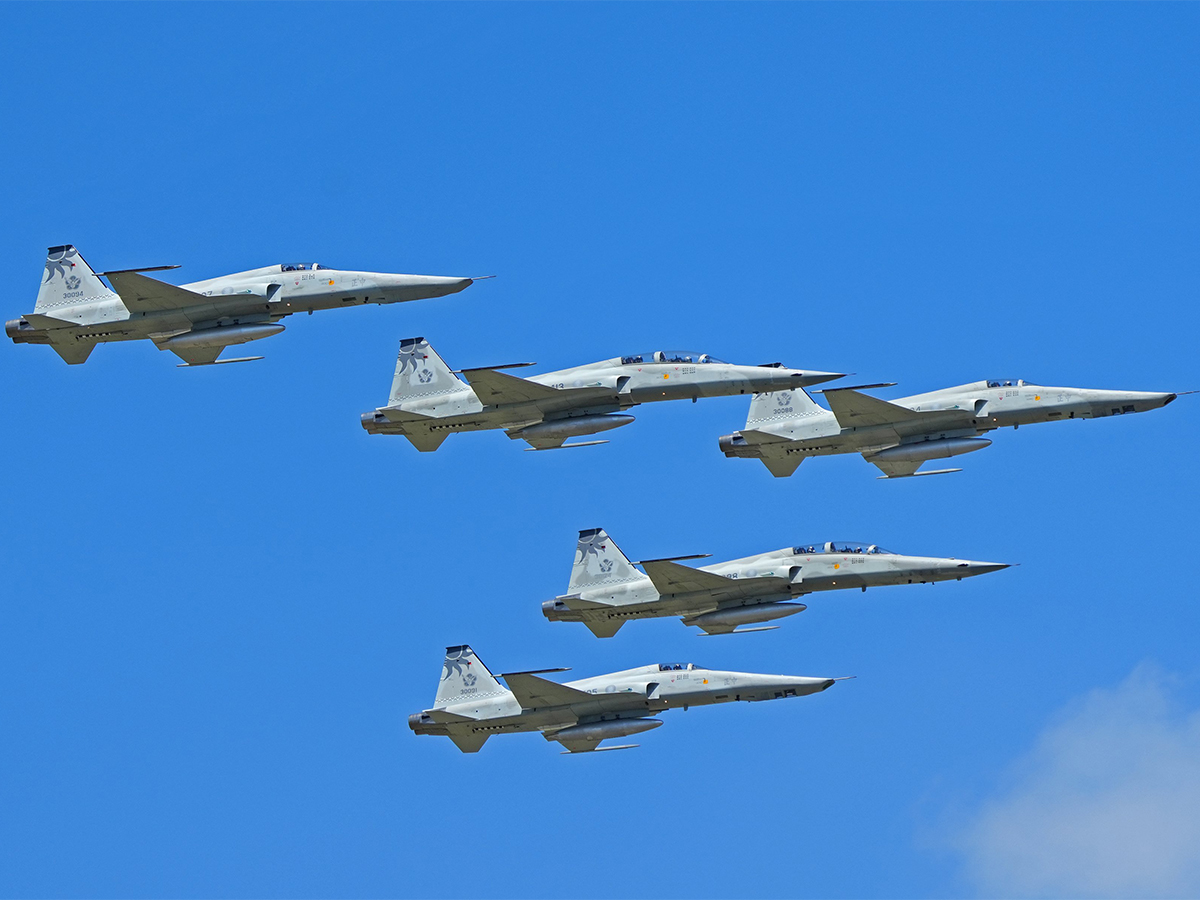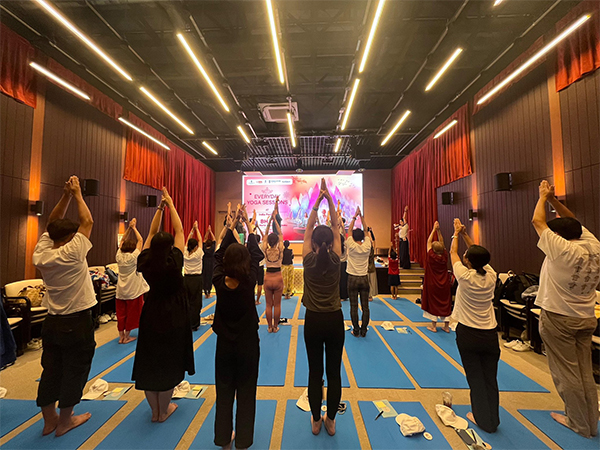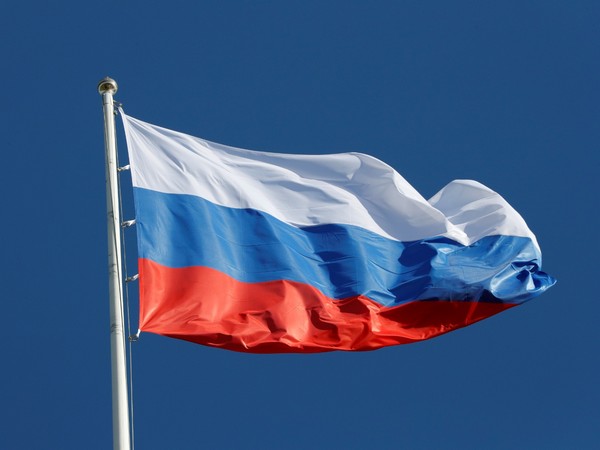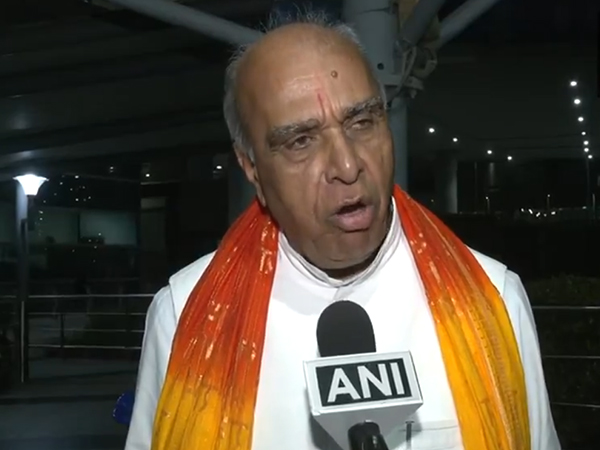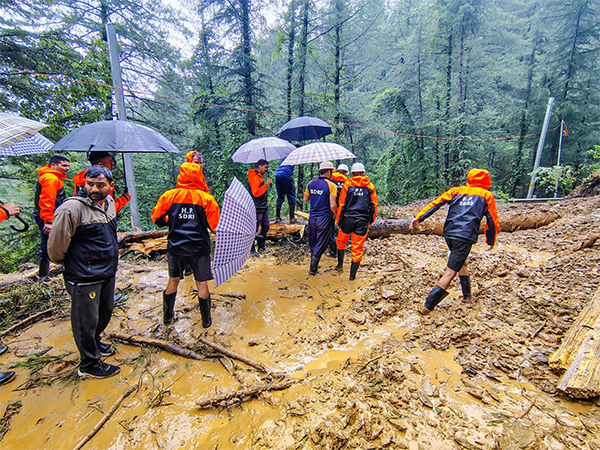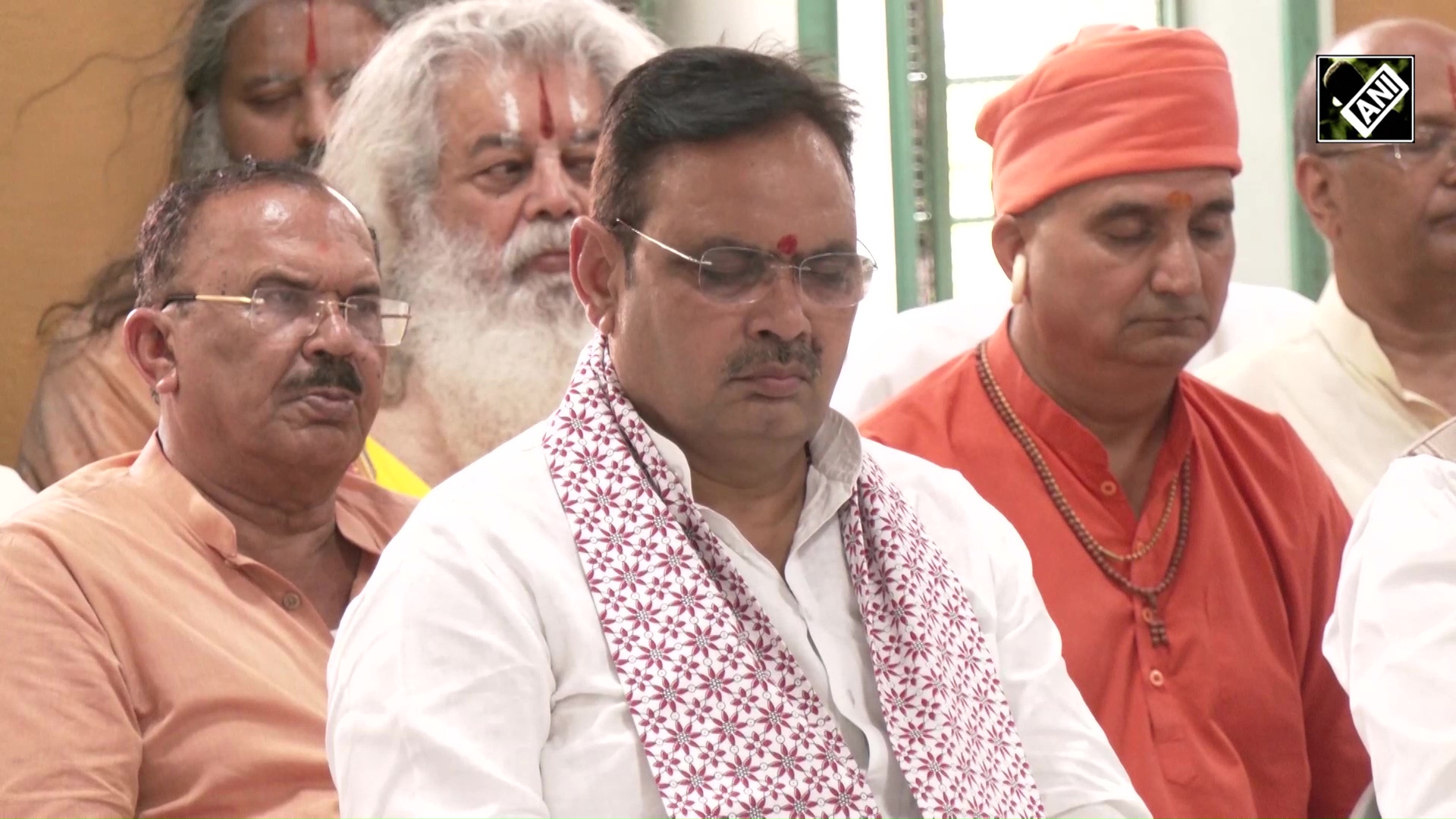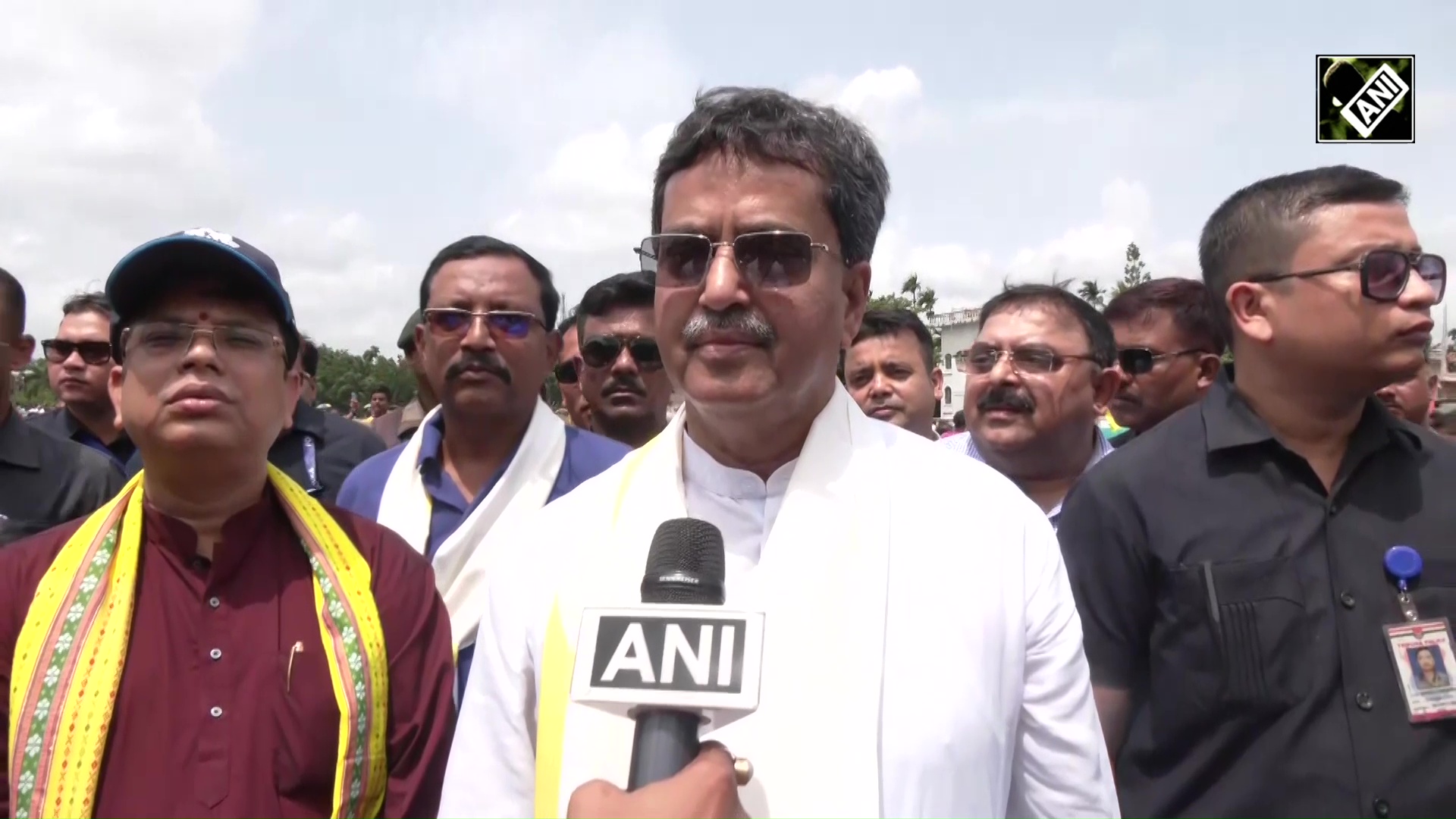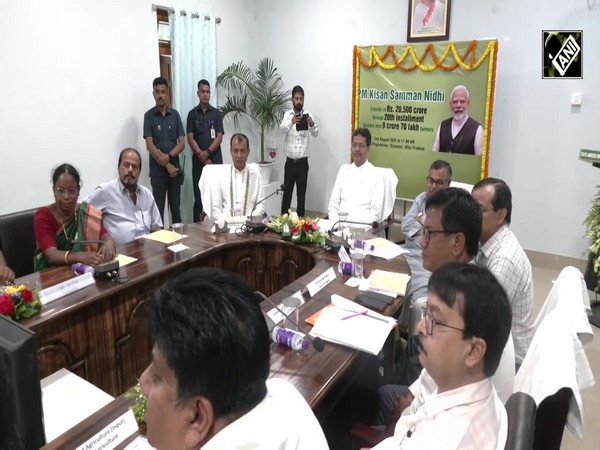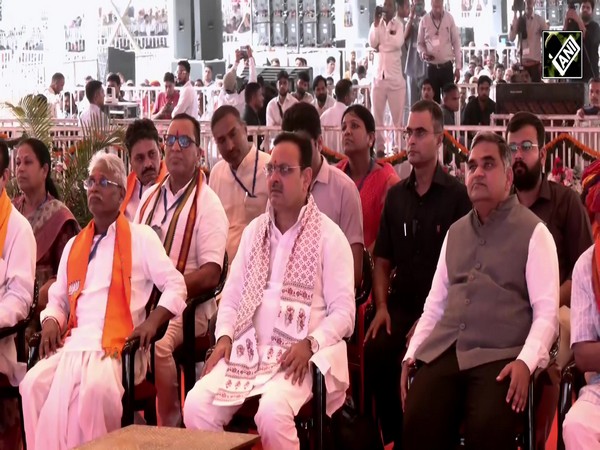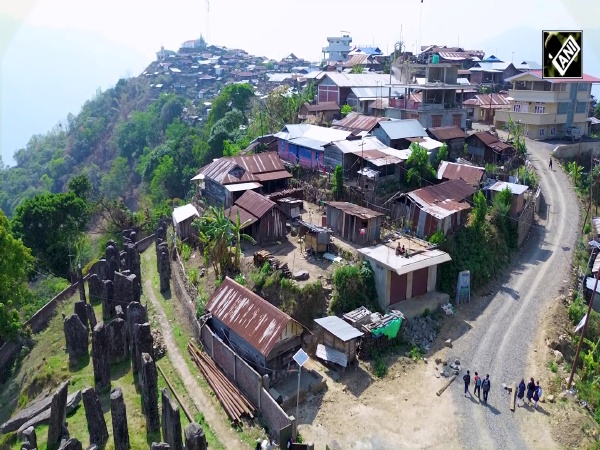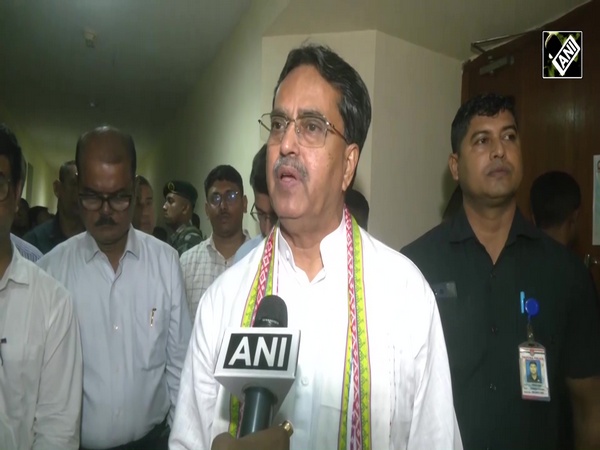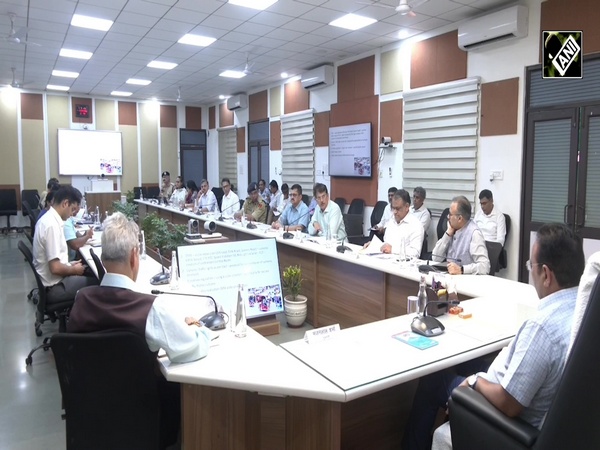Taliban pushes Afghan media to margin again, impose further restrictions
Dec 10, 2022

Kabul [Afghanistan], December 10 : Instead of sharing a strategy to favour the media personnel in Afghanistan, the Taliban has pushed the media outlets in the country to the margin once again, saying that the authorities are planning to formulate a proper direction for the media outlets, Khaama Press reported on Friday.
The remarks were made by an executive of the Information and Cultural Affairs Department of Balkh, Mohammad Younis Rashid, after a recent gathering in Northern Mazar-e-Sharif province between the media and the Taliban's acting government.
Instead of drawing a comprehensive roadmap for the freedom of journalists in the country, the group put further restrictions on the media outlets in the war-torn country, Khaama Press reported.
"We have experienced limitations on media after the takeover of the current regime. Unfortunately, these restrictions will further push the media to the margin," said the head of a private media outlet in Balkh, Abdul Baseer Abid.
As to locals in the country, the lack of a particular blueprint has posed a severe challenge for Afghan media to grow and prosper, especially after the Taliban took control of the country in August last year.
"The lack of a particular roadmap is a great challenge for the media to grow, therefore, the government should introduce a single policy that would fit with media and journalism," stated Sayed Mohammad Yazdan, a local journalist, Khaama Press reported.
Several humanitarian organizations have called out the violations against the journalists in the Afghanistan.
In the wake of the excessive rise in crime against journalists in Afghanistan since the Taliban seized power, the United Nations Assistance Mission in Afghanistan (UNAMA) stated the human rights violation of at least 200 reporters in its report, earlier in November.
Taking to Twitter, UNAMA said, "Human rights abuses of more than 200 reporters in Afghanistan recorded by UNAMA since August 2021. Record high numbers include arbitrary arrest, ill-treatment, threats and intimidation."
"Media in #Afghanistan is in peril. Let us all help #ProtectJournalists #EndImpunity," UNAMA tweeted.
Since the Taliban took over Afghanistan in mid-August last year, it rolled back women's rights advances and media freedom revoking the efforts on gender equality and freedom of speech in the country.
According to a report by the South Asian Media Solidarity Network (SAMSN) over 45 per cent of journalists have quit since the terrorist outfit assumed power. The ever-increasing restrictions against media in Afghanistan have also drawn widespread criticism globally with the United Nations (UN) and the Committee to Protect Journalists (CPJ) decrying the arrests, demanding the Taliban stop harassing local journalists and stifling freedom of speech through continued detentions and threats.
The Taliban had promised women's rights, media freedom, and amnesty for government officials in the group's first news conference after the takeover in August. However, activists, former government employees, and journalists continue to face retribution.
